


As I am not an artist myself, though a very creative personality, this is what interests me — building the creative economy with a truly cross-sectoral, cross-collaborative attitude.
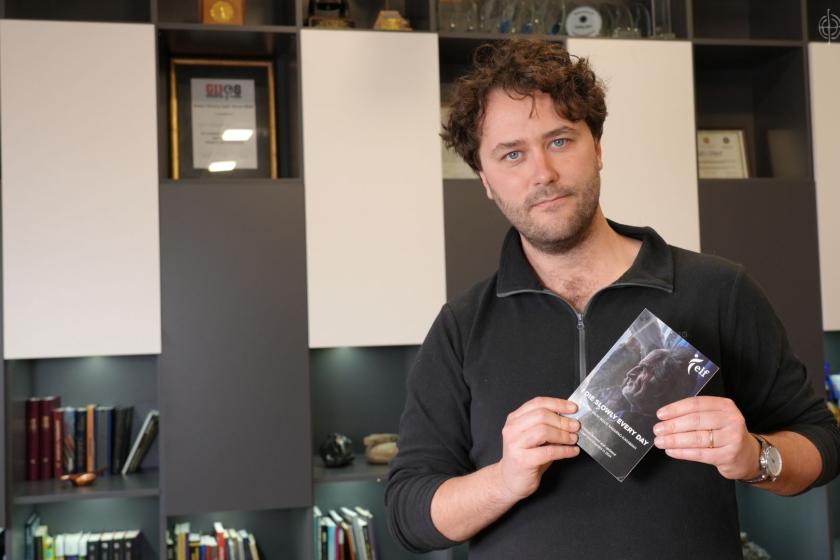
Since the 2020 Artsakh war, he's written about the Nagorno-Karabakh conflict and has investigated Azerbaijan’s “Caviar diplomacy” in Sweden.
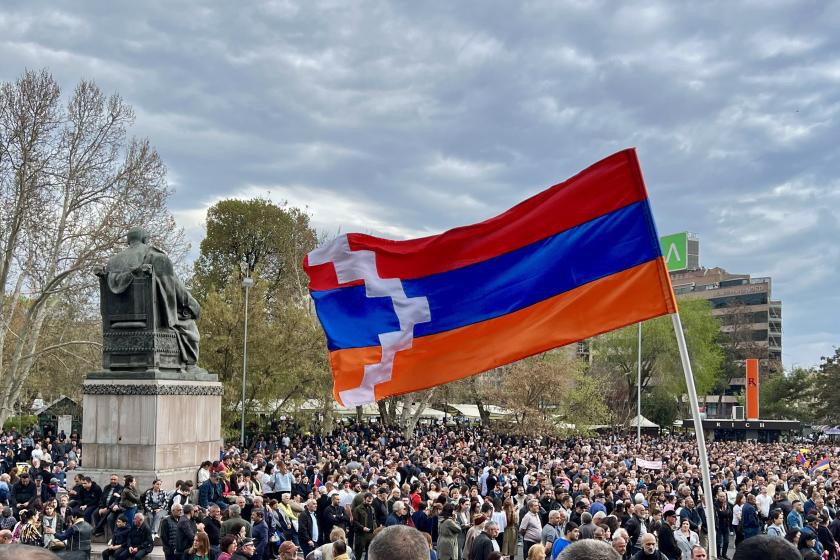
During the rally today in Yerevan’s Freedom Square to focus attention on the rights of displaced Artsakh residents, former Artsakh Minister of Culture Lernik Hovhannisyan criticized the Armenian government for agreeing to drop all claims against Azer
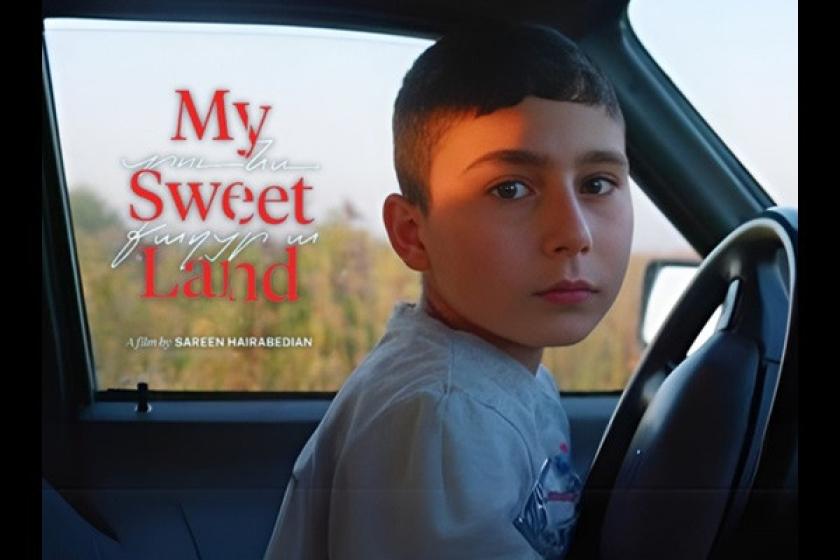
Jordan has dropped a film chronicling the life of an eleven-year-old boy in Artsakh as its official entry for Best International Feature Film at the 97th Academy Awards after coming under pressure from Azerbaijan.
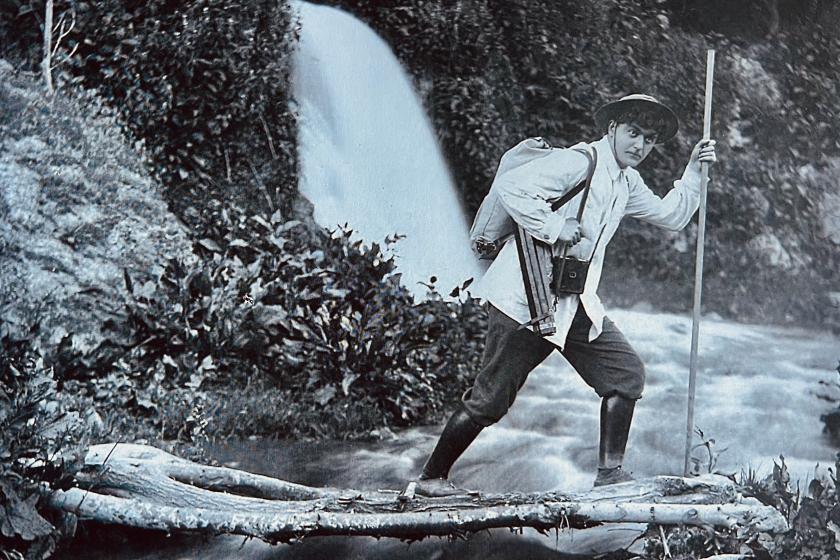
Gurgen Paronyan was born in 1905 in Goris. His father, Gevorg Paronyan, was a photographer who studied in Paris and brought back photographic equipment with him. Paronyan lost his father at the age of one. His mother died the following year.
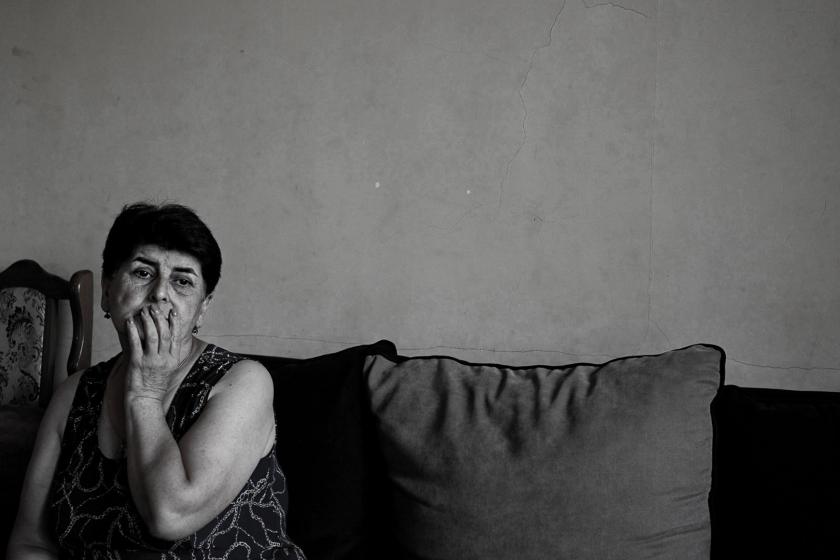
Melsik Baghdasaryan’s friends and family decided to temporarily bury him in his garden on September 22, 2023. The village was being evacuated, and they couldn’t reach the cemetery.
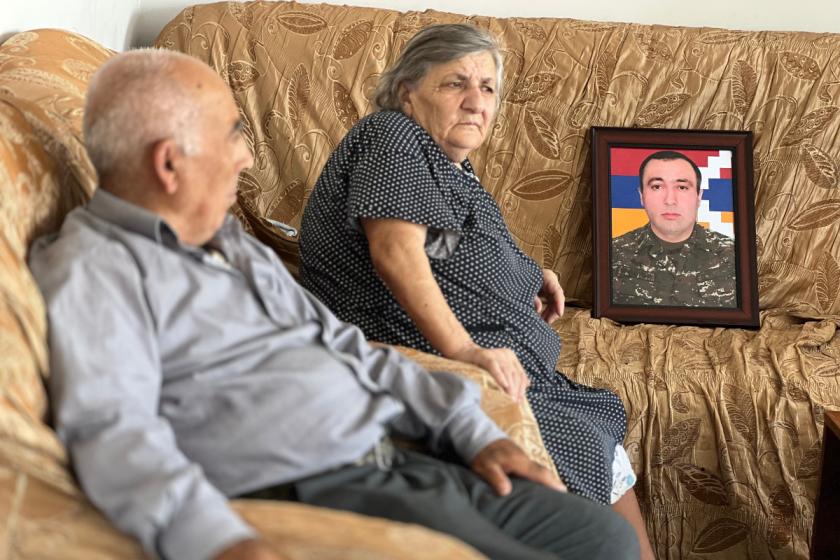
Berzhik Hovsepyan searches through a suitcase he brought from Artsakh, looking for a photograph of his son. The photo album is filled with pictures of his grandchildren at various ages.
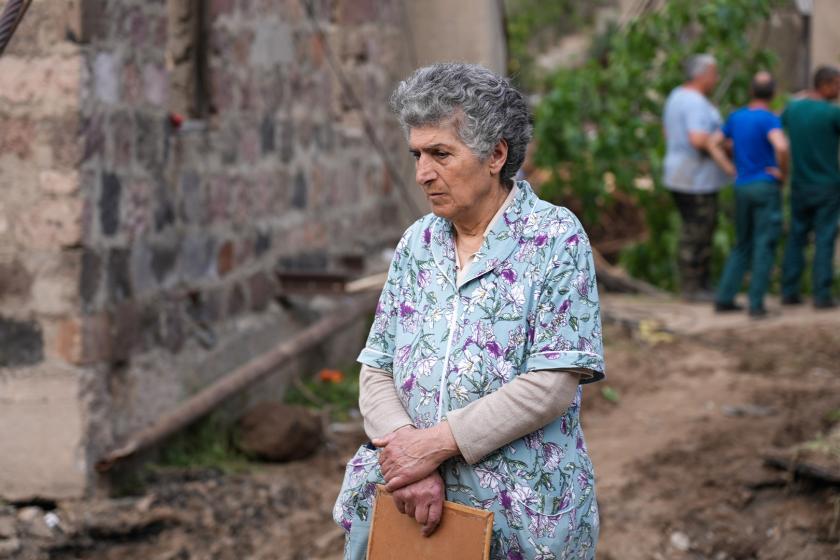
Late May flooding caused widespread destruction in Armenia’s northern Lori and Tavush provinces.
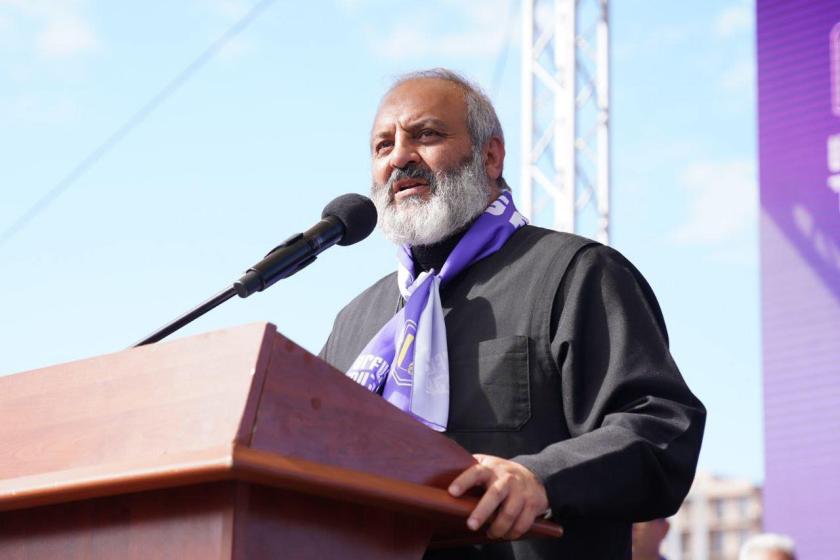
Galstanyan, Primate of the Armenian Apostolic Church’s Tavush Diocese, announced that he will suspend his spiritual duties after being nominated the Tavush for the Motherland Movement’s candidate for prime minister in the 2026 parliamentary election.
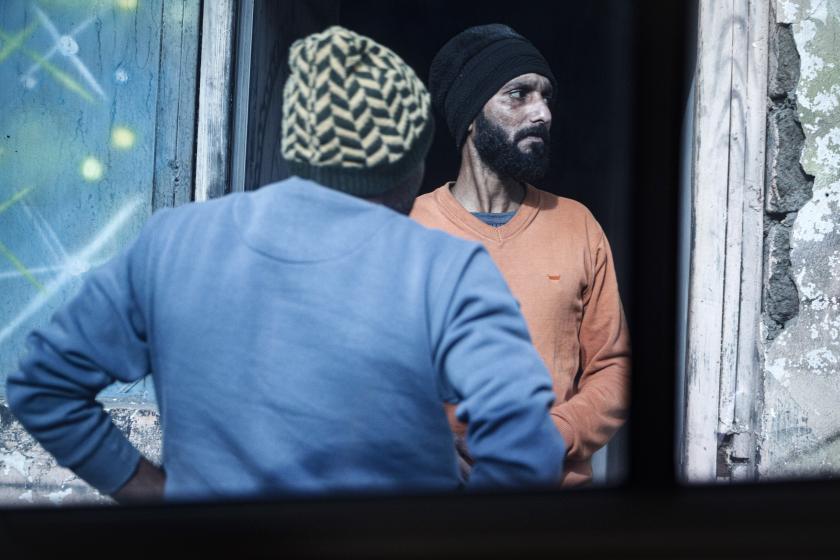
Rajan says job placement agencies abound in Kerala. Their advertisements are everywhere, on planes, in buses and train stations. “Migration is hope. The recruitment agencies are selling people dreams.”
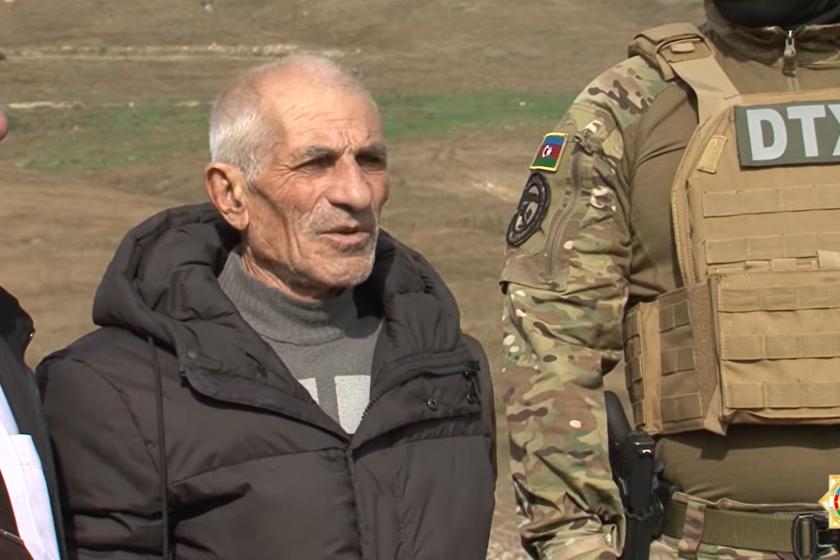
Azerbaijan’s State Security Service today accused Madat Babayan, a 71-year-old resident of Artsakh's Getavan village of participating in the so-called 1992 "Khojalu Genocide".
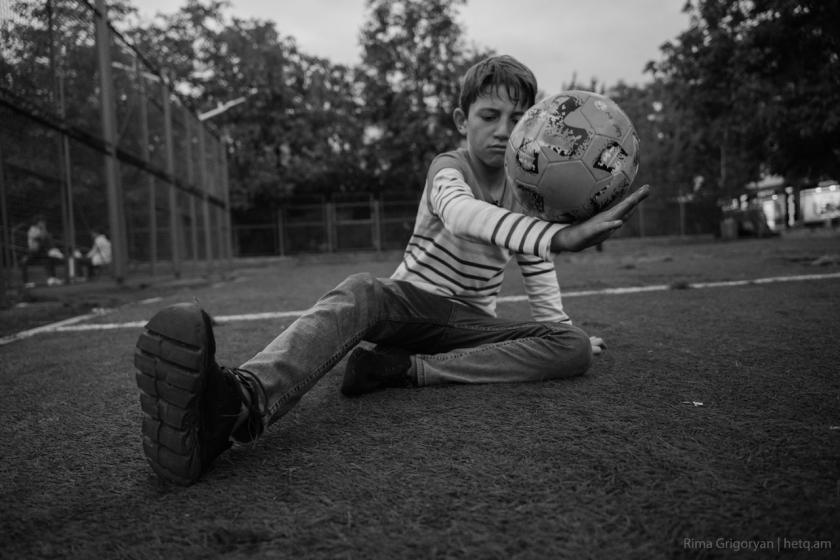
Alex’s family arrived in Goris on one of the first buses that left Stepanakert. They don't have any relatives in Armenia and are temporarily living in a Goris hotel while looking for permanent housing.
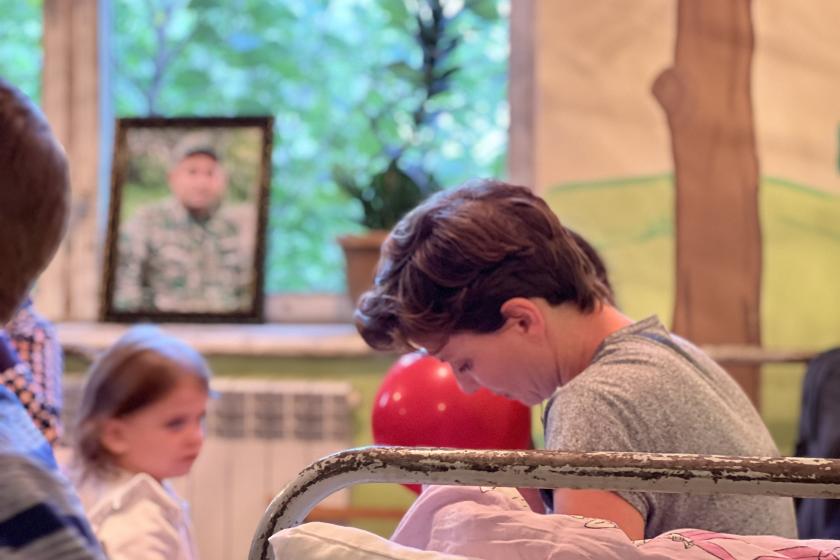
A vacant kindergarten in Masis, a town on Armenia’s Ararat Province, now serves as a shelter for those displaced from Artsakh.
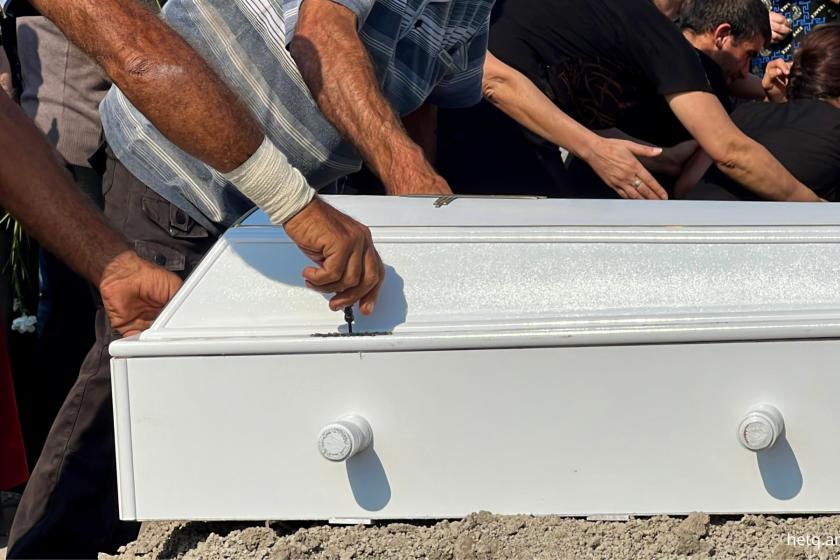
Nver and Mikayel were killed when Azerbaijani forces shelled the village during their assault on Artsakh. The body of Mikael was brought out the day of the attack.
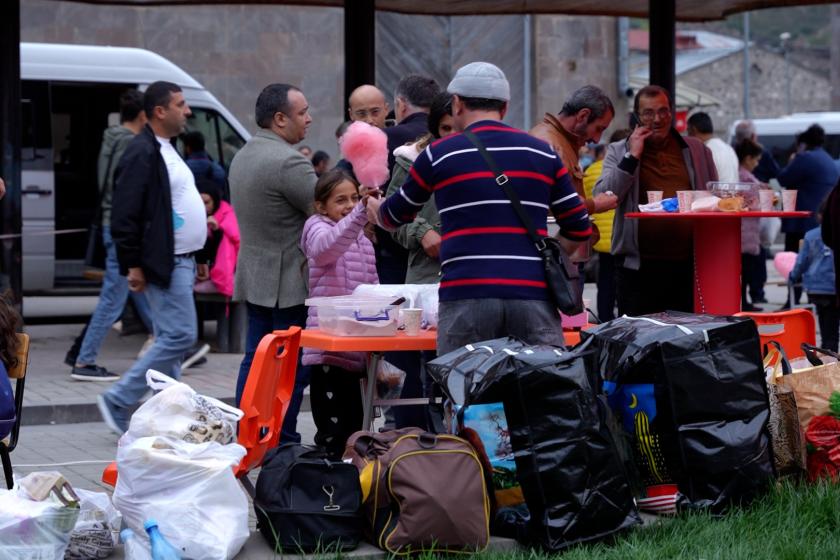
After reaching the Armenian border, the family was directed to the town of Goris in search of temporary housing but there’s none. All the hotels and guesthouses are packed with hundreds of Karabakh Armenians who arrived earlier.
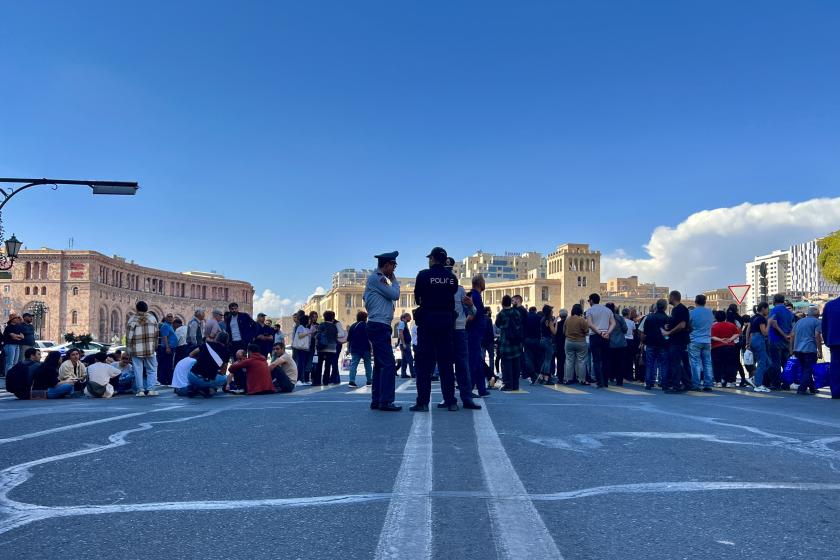
Protesters today blocked streets leading to Yerevan’s Republic Square and are demanding the Armenian government take active steps to ensure the safety of Artsakh Armenians.
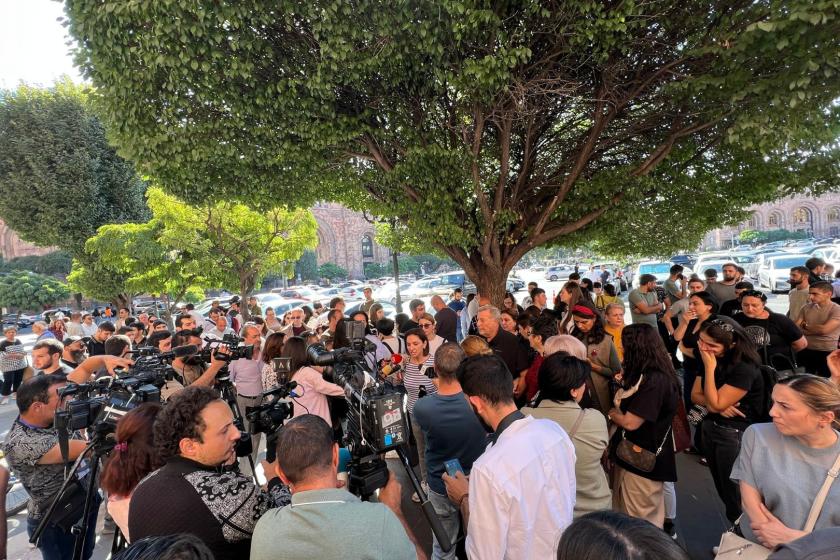
People are gathering outside the Government Building in Yerevan today following Azerbaijan’s military offensive in Artsakh.
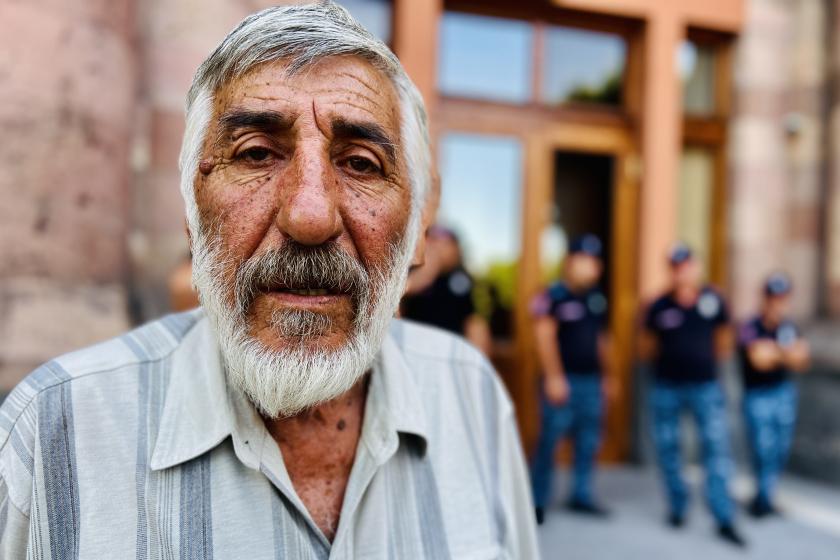
Hrachik Vardanyan is not happy with the slow progress of a court case looking into how forty members of a sixty-man Armenian military unit were killed or captured during the 2020 Karabakh war.
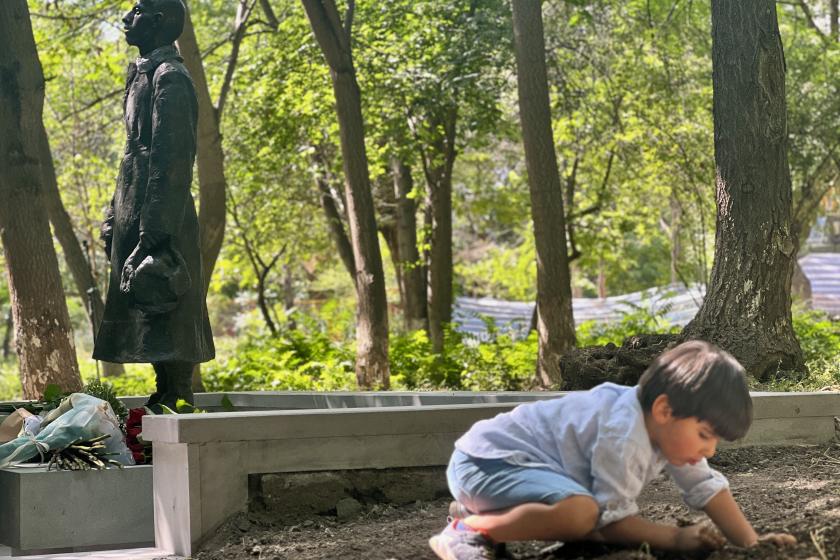
Another of Ghukas Chubaryan’s well-known works is the statue of composer and conductor Alexander Spendiaryan outside Yerevan’s Opera House.
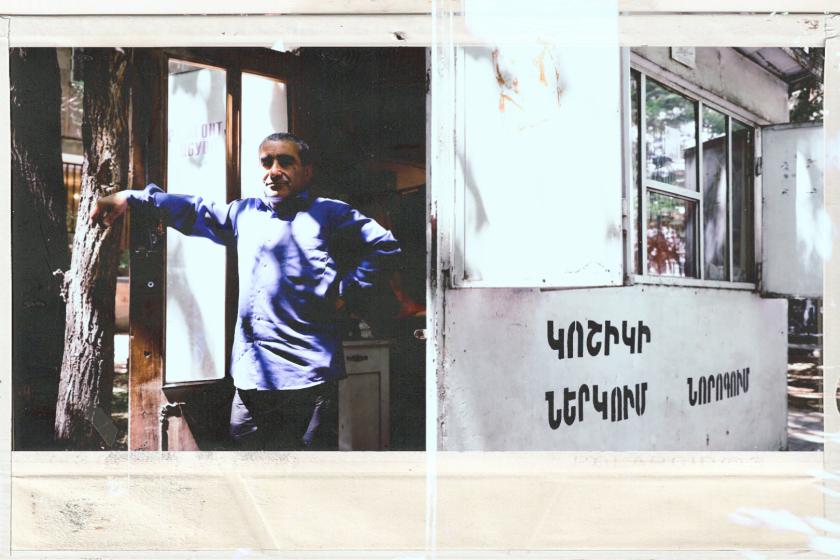
He used to work at the Masis shoe factory in the late 1980s before the plant closed after the collapse of the Soviet Union.
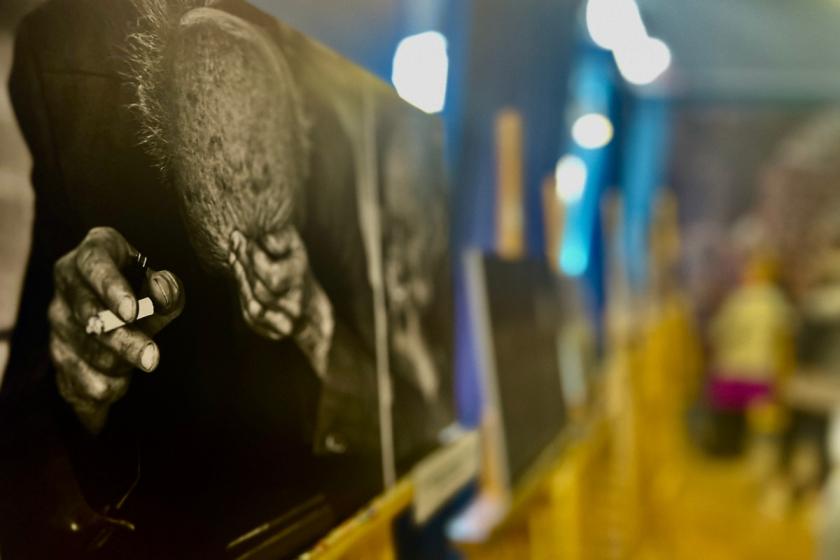
The trilingual exhibition will travel to Gyumri and Vanadzor. The exhibition is the initiative of the institute's Student Scientific and Creative Society.
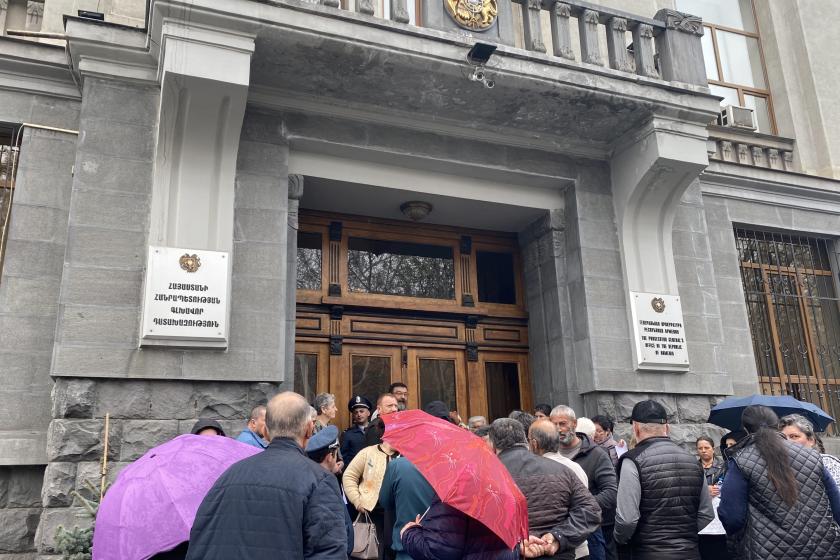
The Armenian government lists 175 soldiers and twenty civilians as still missing.
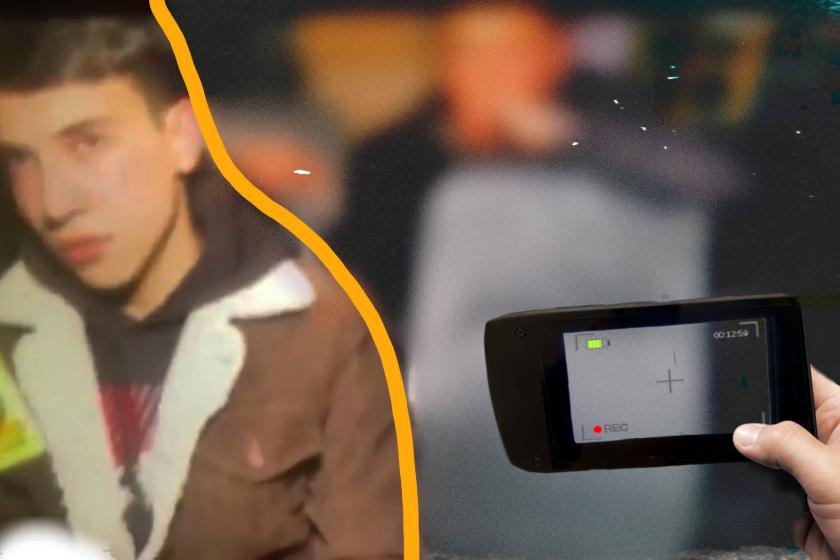
"As soon as the door opened, the boys came forward and prevented them from filming. There were not many of us, and the Russian peacekeepers in that car also pushed them out before they could film," says Vahagn. One of the girls in the car fainted.
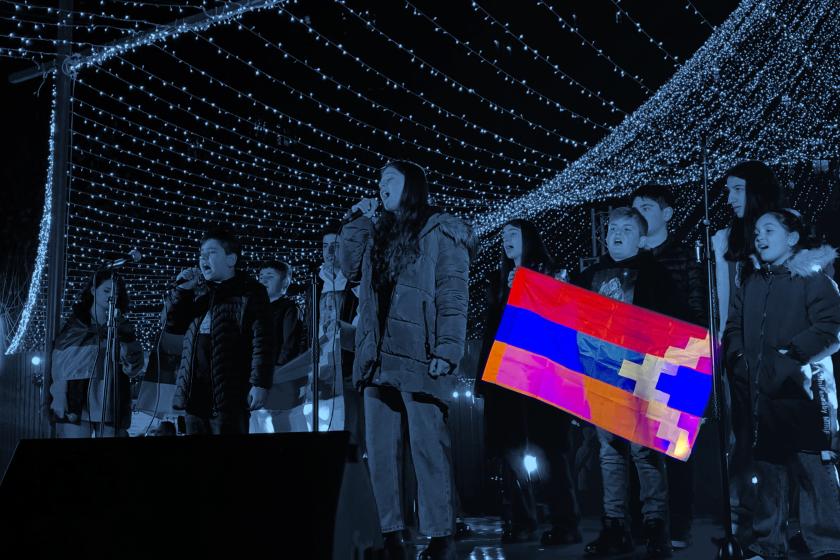
Children from Artsakh sang songs of resistance in a Yerevan park yesterday, declaring that despite the difficulties facing their country everything will turn out fine.
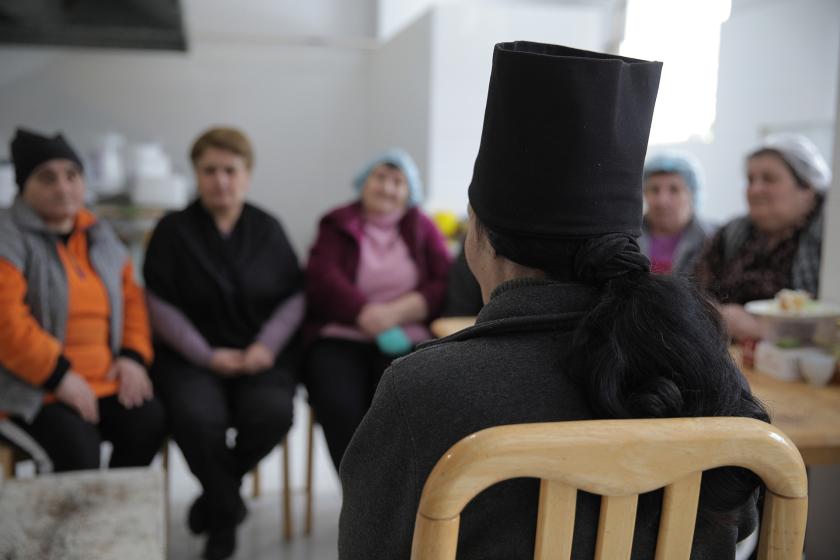
On October 27, 2020, Azerbaijani troops captured the Shekher village of Artsakh’s Martuni district after six days of fighting.
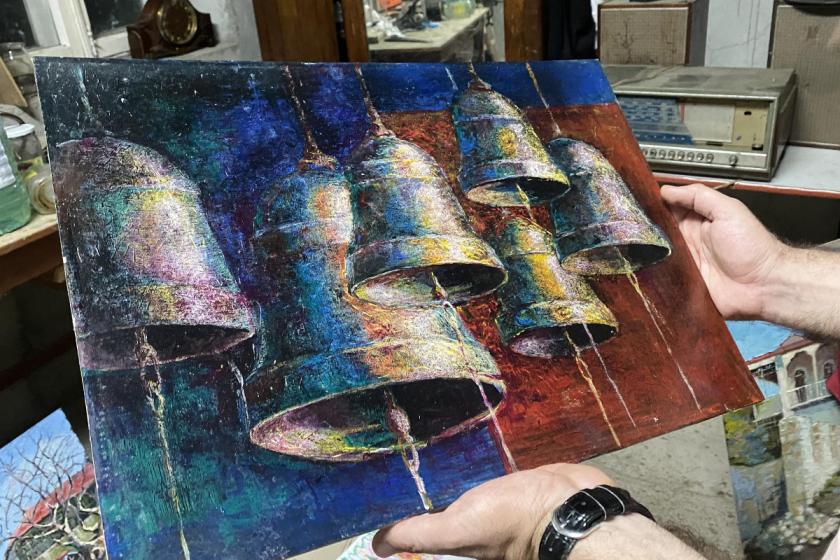
He was four years old in 1988 when the family fled Shushi at the outbreak of the Artsakh war. They returned to the town in 1992 when Armenian troops liberated the town.
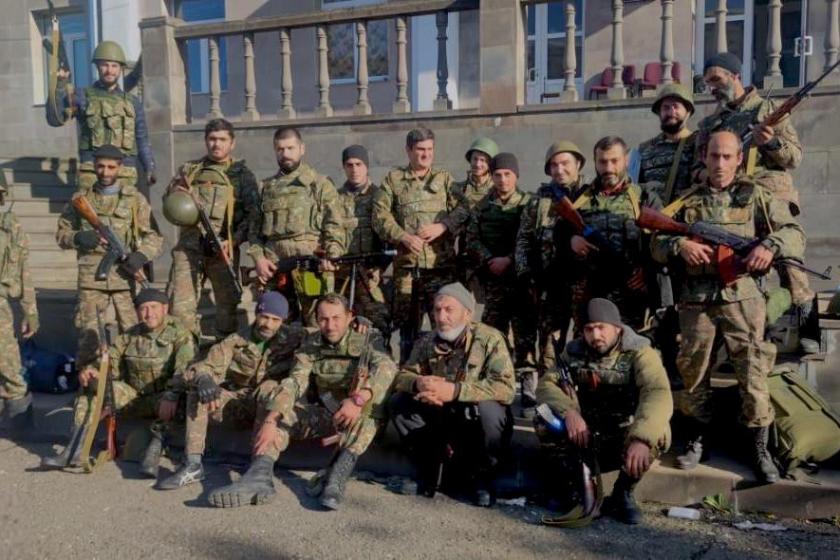
Sargsyan sat down with Hetq to share what he witnessed on the ground prior to the November 9 ceasefire.
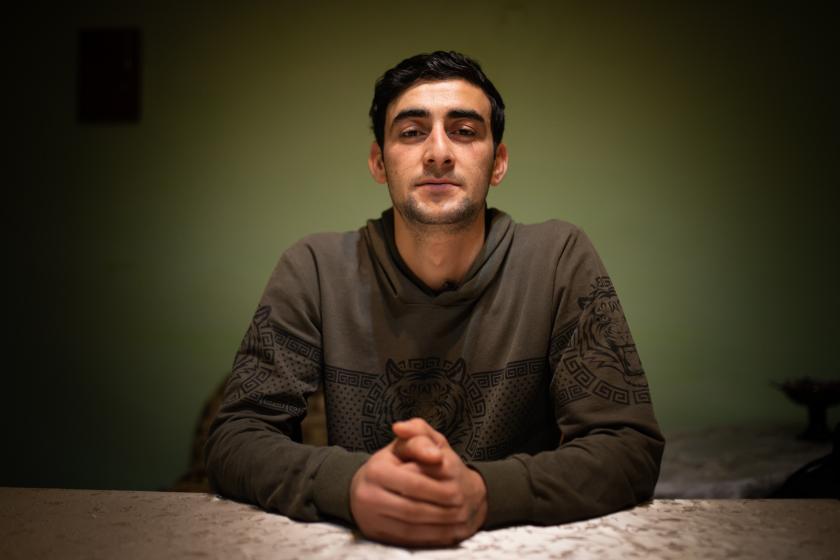
The platoons managed to get out of the blockade on the night of November 8. Fighting in the woods, they retreated, and on November 9, at 04:00 in the morning, they reached Stepanakert.
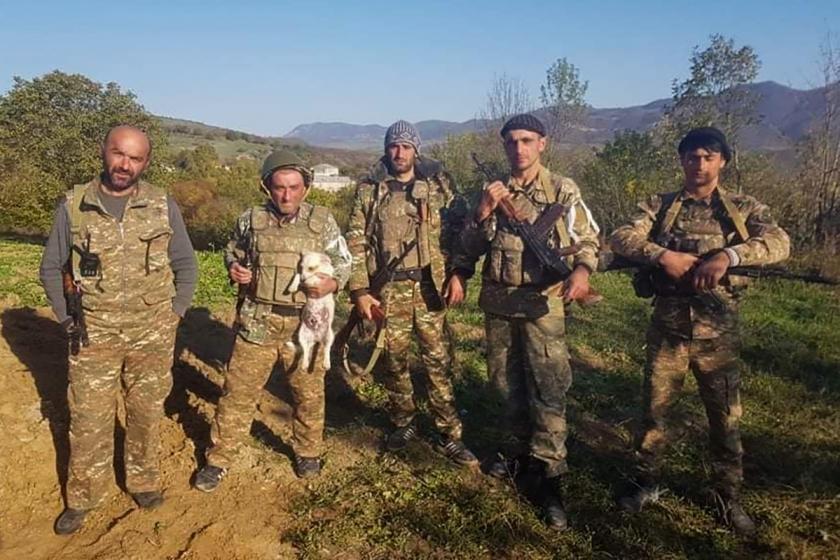
"Kamo, Karmen, Karlen, Karo. We were four brothers, now I am the only one left," says Karo Alaverdyan, who hails from the village of Taghavard now split into two sections following the 2020 Artsakh war.
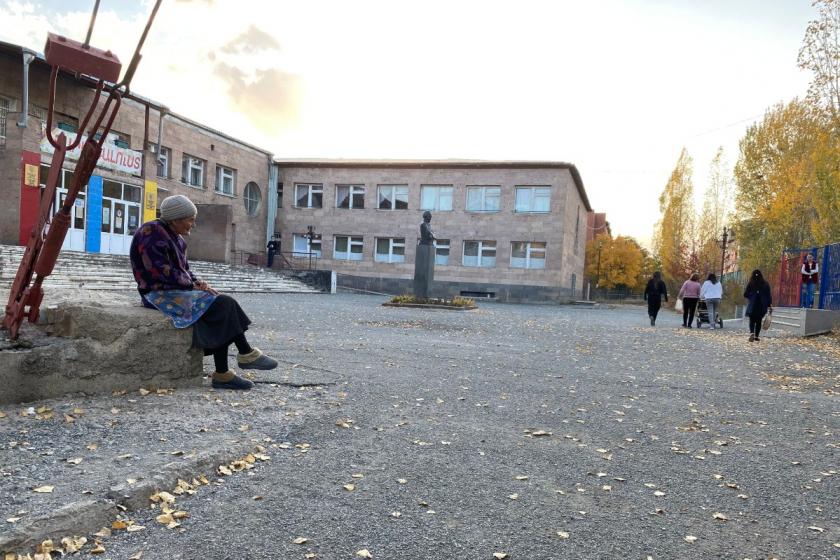
During the 1988 earthquake, the family had come to the Gyumri Maternity Hospital. Her daughter, the newborn baby and the son-in-law died in the earthquake. Mrs. Tadevosyan was seriously injured. Her health still suffers. Her son died years ago.
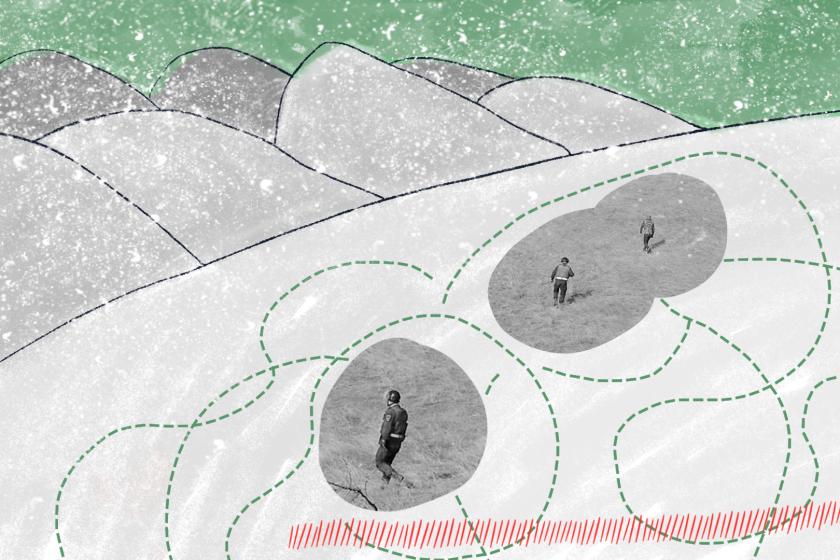
The search teams have found and removed 1,670 bodies from territories now under Azerbaijani control. 27 have been identified as civilians.